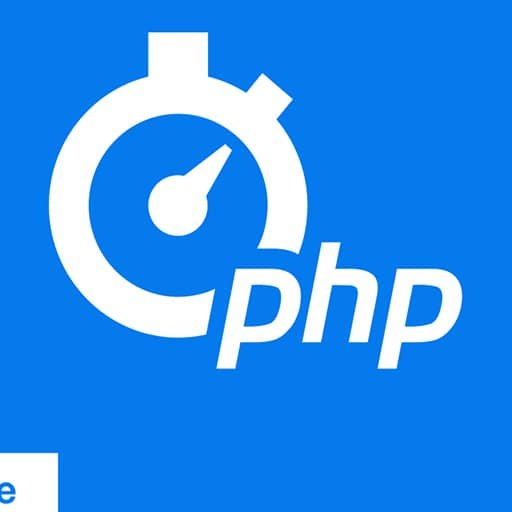1. Use a PHP accelerator: PHP accelerators like APC (Alternative PHP Cache) or OPcache can significantly improve the performance of your PHP applications by caching compiled PHP code in memory. This reduces the need for PHP to recompile the code on each request.
2. Enable opcode caching: Opcode caching is a technique that stores the compiled bytecode of PHP scripts in memory, allowing for faster execution. Enable opcode caching in your PHP configuration to improve performance.
3. Minimize file includes: Each time a PHP script includes or requires another file, there is a performance overhead. Minimize the number of file includes by combining multiple files into one or using autoloading techniques.
4. Optimize database queries: Database queries can be a major bottleneck in PHP applications. Optimize your queries by using proper indexing, avoiding unnecessary joins, and using efficient query techniques like prepared statements.
5. Use caching: Implement caching mechanisms to store frequently accessed data in memory or on disk. This can greatly reduce the need for expensive database queries or complex calculations.
6. Enable gzip compression: Enable gzip compression in your PHP configuration to reduce the size of data sent over the network. This can significantly improve the performance of your PHP applications, especially for bandwidth-intensive operations.
7. Use a content delivery network (CDN): Offload static assets like images, CSS, and JavaScript files to a CDN. This distributes the load across multiple servers and reduces the latency for users accessing your website from different locations.
8. Optimize code: Review your PHP code for any performance bottlenecks or inefficient algorithms. Use profiling tools to identify areas of your code that can be optimized for better performance.
9. Use a lightweight framework: If you’re building a new PHP application, consider using a lightweight framework like Slim or Lumen. These frameworks are designed to be fast and efficient, allowing for better performance compared to heavier frameworks.
10. Use opcode caching plugins: If you’re using a CMS or a popular PHP application like WordPress or Drupal, consider using opcode caching plugins specifically designed for these platforms. These plugins can further optimize the performance of your PHP applications by caching the compiled code specific to the CMS or application.
Remember, optimizing PHP performance is an ongoing process. Regularly monitor and analyze your application’s performance to identify areas for improvement and implement the necessary optimizations.
